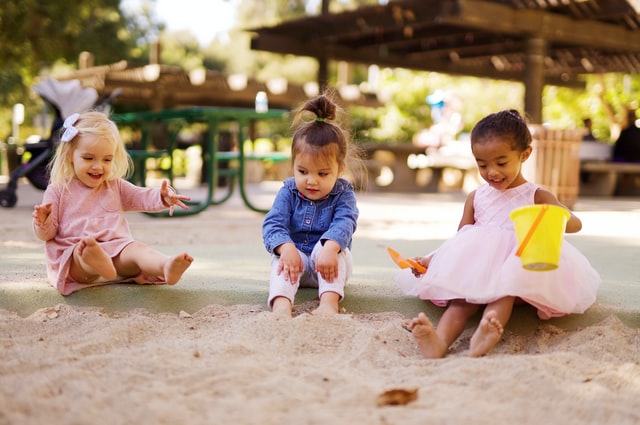Developing social skills is an important part of growing up. Social skills help children build relationships, make friends, and understand how to behave in various social situations. Children with autism are often mistaken to not want connections with others when in actuality they do not know how to form those connections. This can lead to frustration, rejection by peers, and/or depression or anxiety.
What are social skills and why are they challenging for children with autism?
Social skills are what we use to communicate and interact with each other, verbally and nonverbally. Children with autism often struggle to develop social skills due to limited language skills or an inability to interpret body language, gestures, facial expressions, and tones. Some children with autism have very limited verbal skills while others have highly developed vocabularies.
Strategies to help children with autism develop social skills
Roleplay
Roleplay is acting out a social situation with a child. The purpose is to help familiarize your child with social situations they may encounter and ensure they have the language and actions to react and participate appropriately.
For example, your Board Certified Behavior Analyst (BCBA) may play a game with your child in which they pretend they are on a playdate. Your child would practice initiating conversation, cooperating with their friend to choose a game, or even solving a problem. At the end of the activity, the BCBA would ask your child what he or she thought worked well and what did not, and provide constructive feedback.
Social skills groups
Social skills groups are an excellent way for children with autism to practice with peers in a structured, supportive environment, overseen by a trained counselor or BCBA. These groups help foster self-esteem and self-awareness. Among the benefits for children with autism are:
- An opportunity to develop new friendships and relationships
- A place to practice and improve conversational skills
- Exposure to new games and activities in a naturalistic setting
Social stories or scripts
Social stories are scripts written from your child’s perspective about a scenario that may be challenging for them. For example, your BCBA might help your child create a script about what will occur when they take a trip to the store, using both text and pictures or photos. This helps prepare them for the situation so they know what to expect. These types of “scripts” are more generic than role play in that they provide kids with a prescribed list of things to say and do.
Positive reinforcement
The goal of positive reinforcement is to increase a desired social behavior by adding a reward right after your child exhibits the desired behavior. This could be as simple as making eye contact or waiting their turn. Your BCBA will work with you and your child to determine what best motivates your child and then provide that feedback. Some examples of rewards include:
- Verbal praise and gestures, such as high fives
- Extra time to play with a special toy
- Privileges, such as being able to choose a family outing
- Special treats (favorite foods)
All of the above techniques can also be adapted to help teach social rules to children with autism that they may not intuitively understand, such as taking turns, changing conversation topics, or understanding when someone wishes to conclude a dialogue.
GBC Autism Services: Clinic-based and In-home ABA therapy
At GBC Autism Services, we provide ABA therapy to children with autism in the areas of Chicagoland, Peoria, Normal, Rockford, Springfield, Dekalb, and North-West Indiana. Our services include in-home and clinic-based ABA therapy, early intervention services, school consultations, and social skills groups.
The team at GBC doesn’t only focus on the behaviors that might be seen as weaknesses in children with autism. We accept and appreciate each child’s unique abilities and incorporate them into our programming. In fact, we love to learn about each child’s interests and strengths and only look to help them navigate the world better.
Go to our website to learn more about our social skills group.



